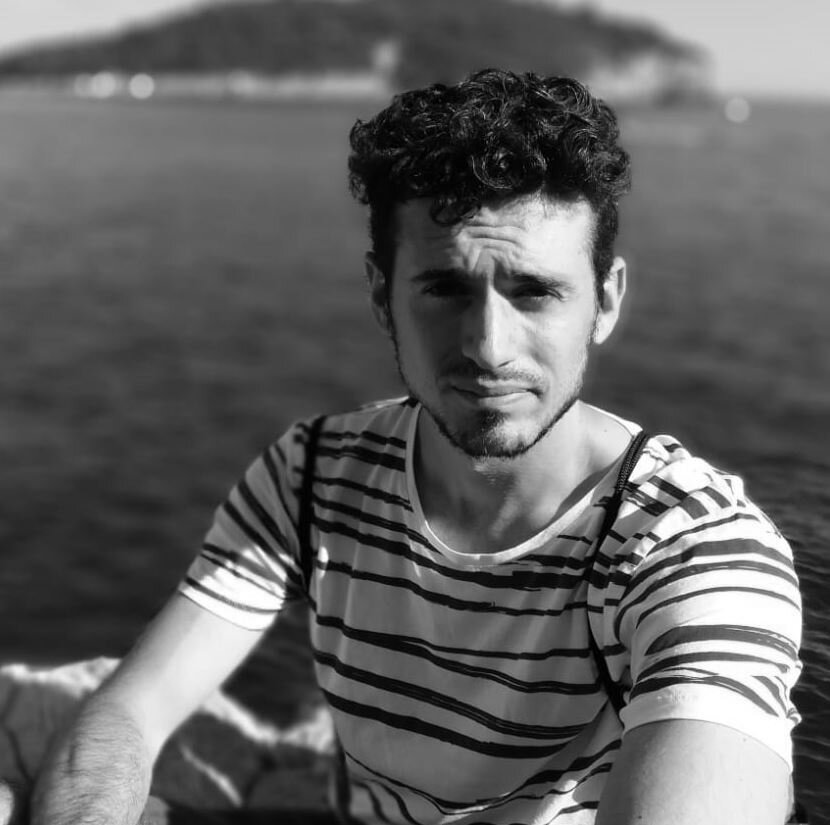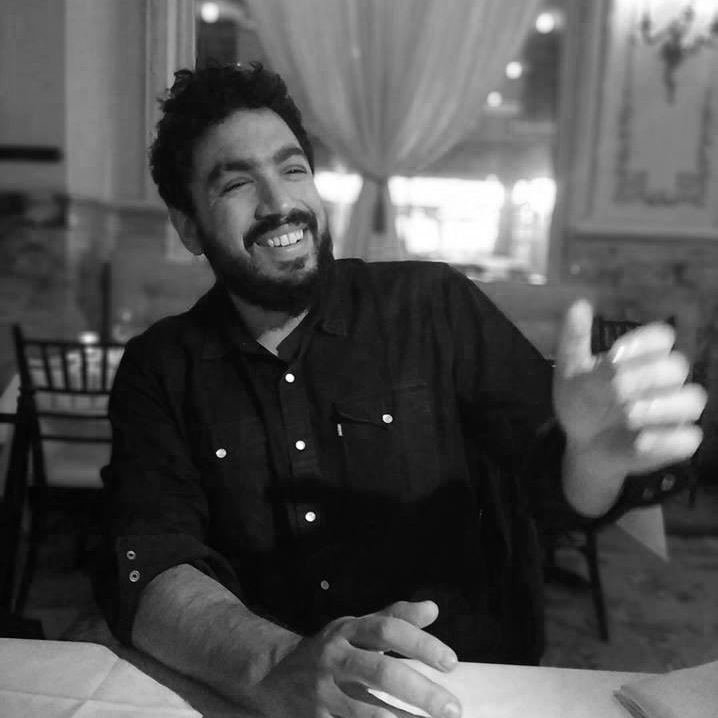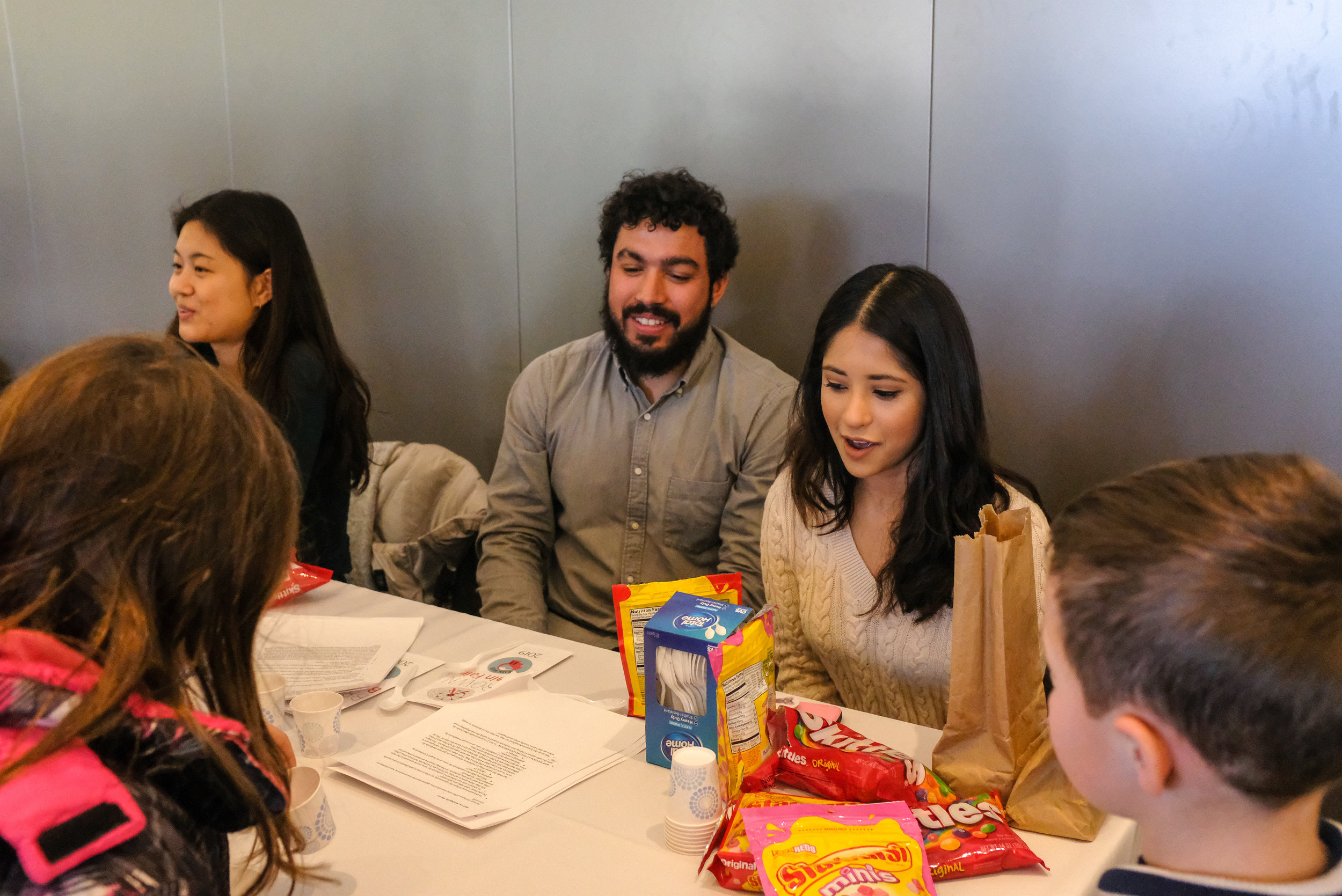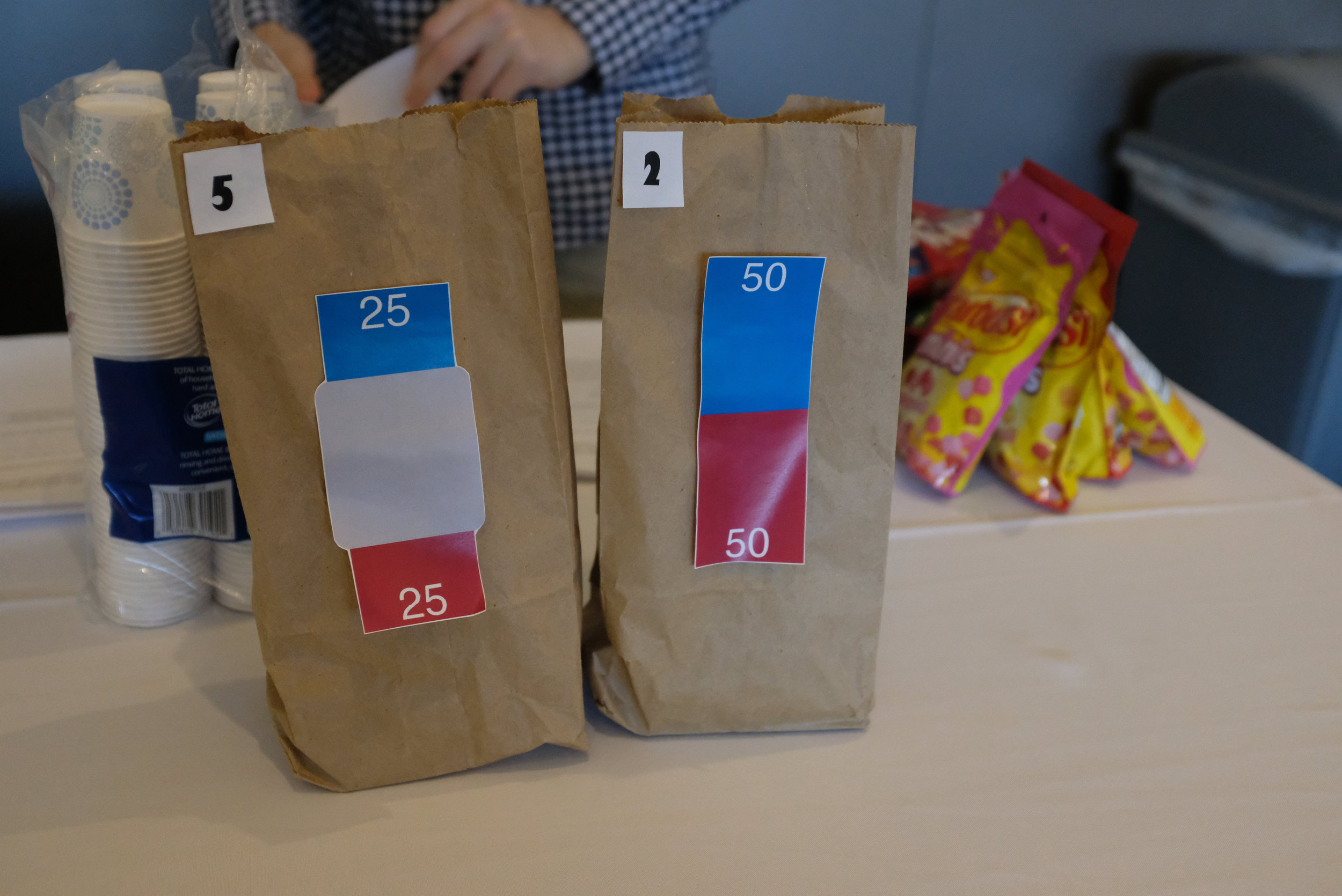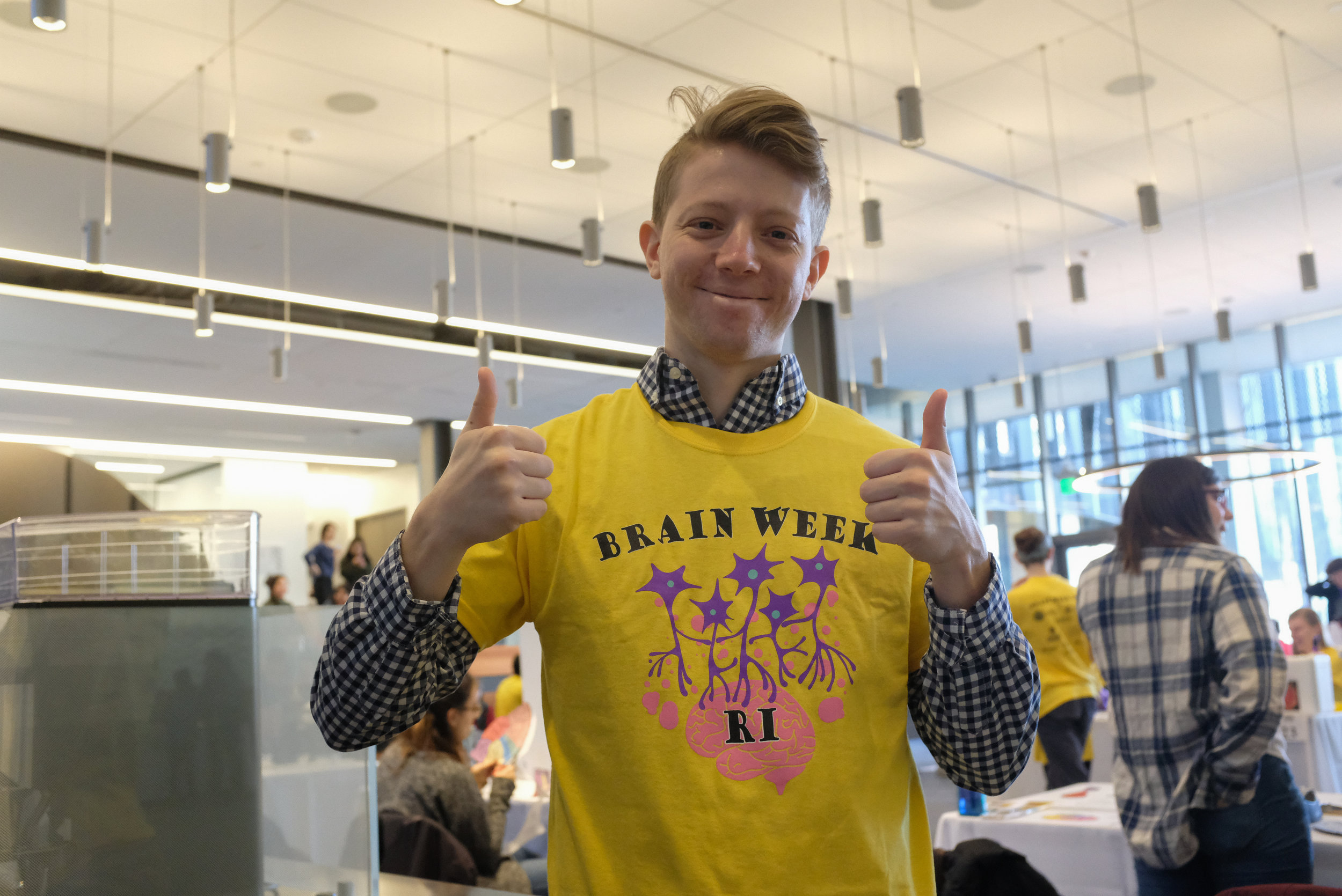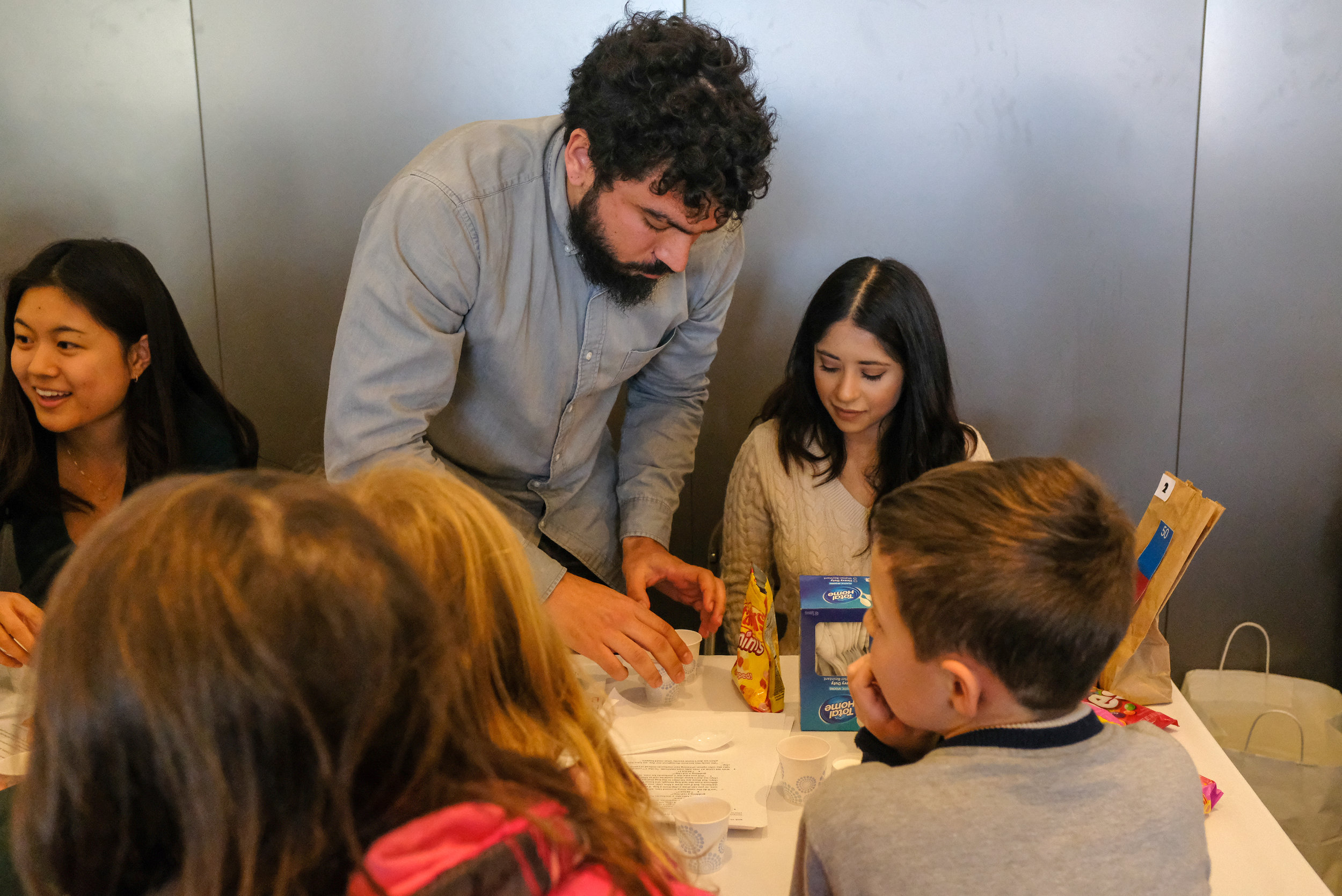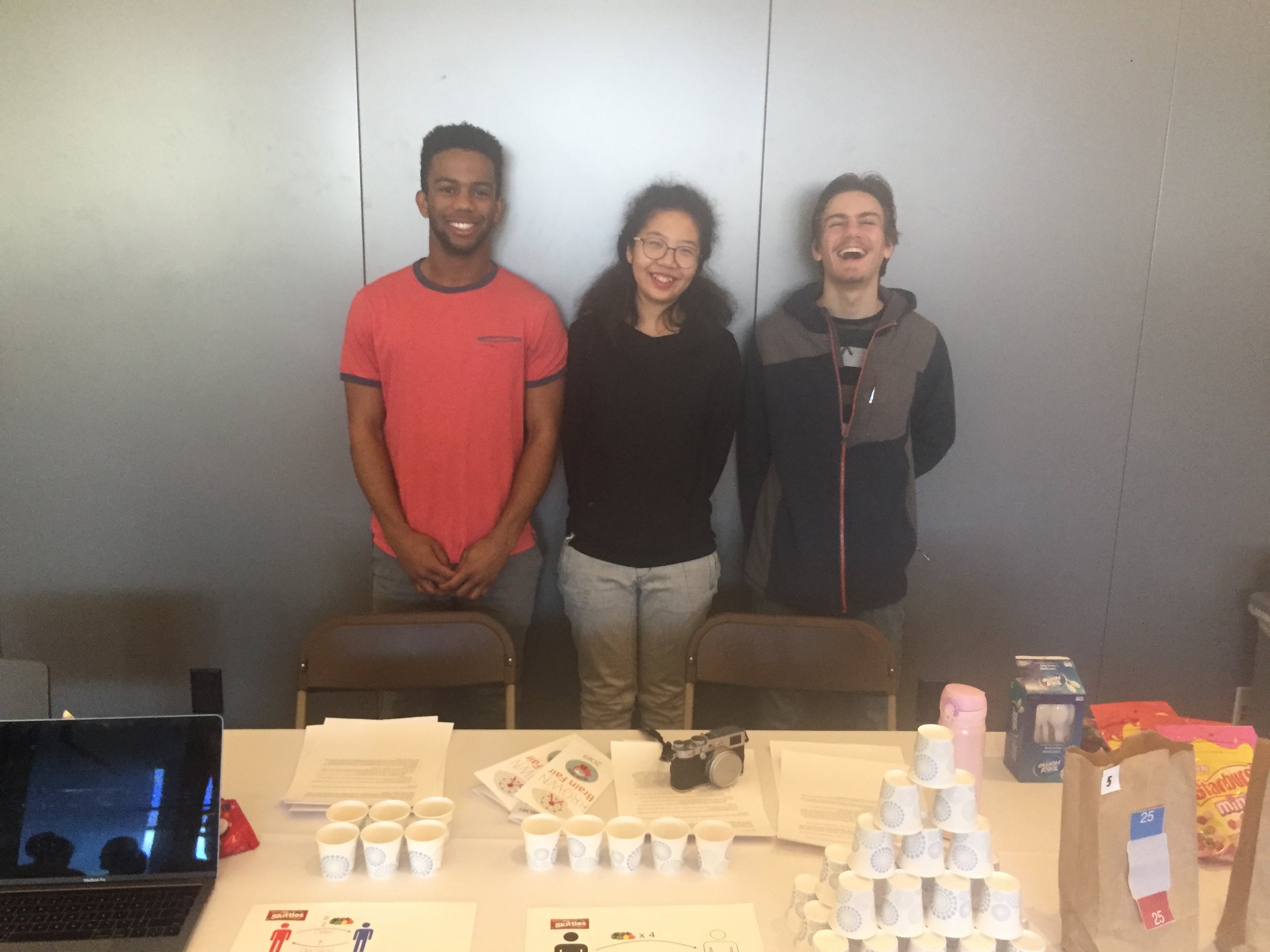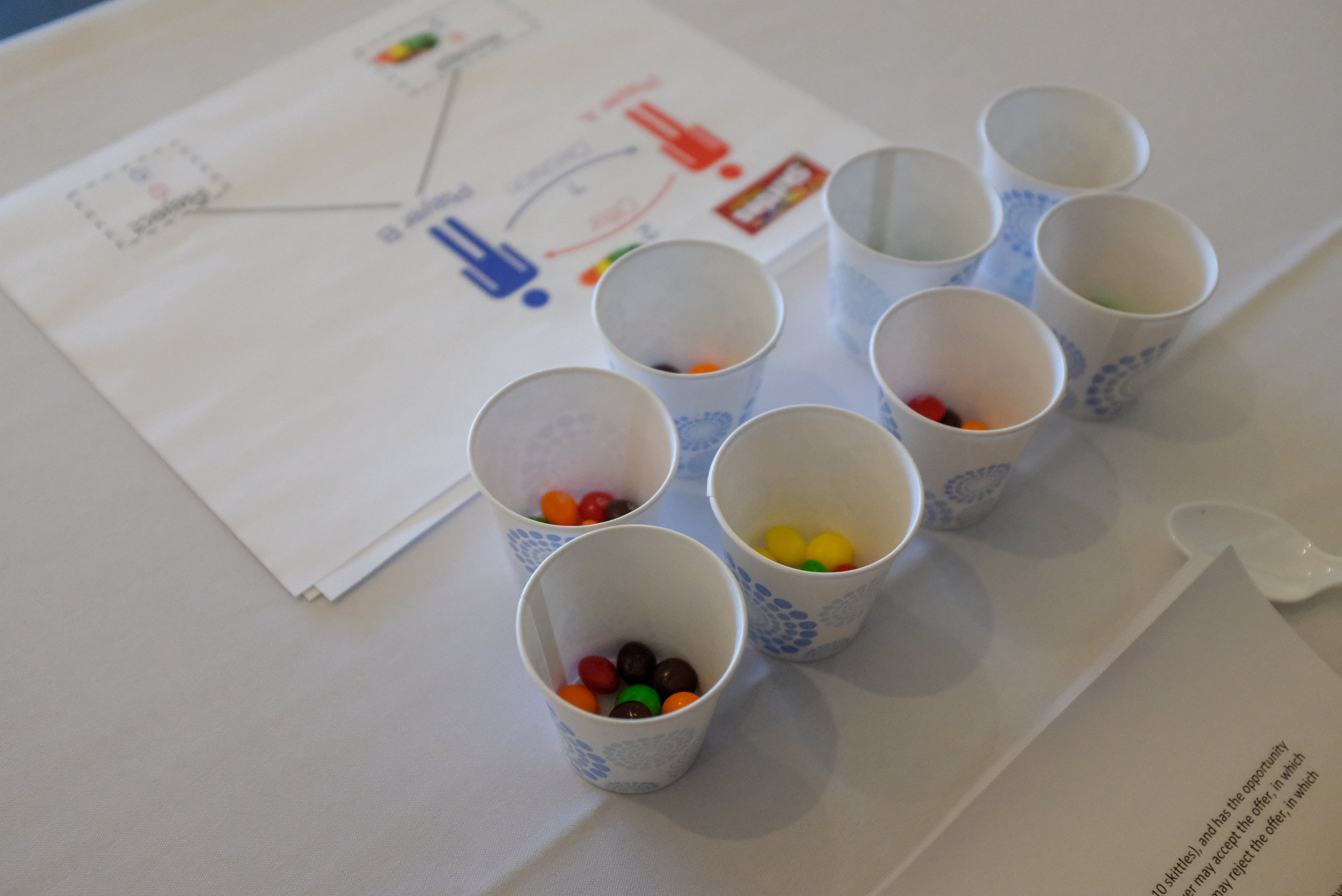Very little is known about how individuals learn under uncertainty when other people are involved. We propose that humans are particularly tuned to social uncertainty, which is especially noisy and ambiguous. Individuals exhibiting less tolerance for uncertainty, such as those with anxiety, may have greater difficulty learning in uncertain social contexts and therefore provide an ideal test population to probe learning dynamics under uncertainty. Using a dynamic trust game and a matched nonsocial task, we found that healthy subjects (n = 257) were particularly good at learning under negative social uncertainty, swiftly figuring out when to stop investing in an exploitative social partner. In contrast, subjects with anxiety (n = 97) overinvested in exploitative partners. Computational modeling attributed this pattern to a selective reduction in learning from negative social events and a failure to enhance learning as uncertainty rises—two mechanisms that likely facilitate adaptive social choice. PDF, Psychological Science, SI, OSF
New blog post in Psychology Today: "The Psychology Behind Inequality"
By Joseph Heffner & Oriel FeldmanHall
“Economic inequality is at an all-time high in the United States. Some claim that decades of systematic legislation have resulted in the wealthiest three families owning more wealth than the bottom half of the country. This trend is not reflected in other countries with developed economies: out of all 36 countries with comparable economics, the US ranks last in equal income distribution. As a result, we have returned to Great Depression levels of income inequality, and for the first time in American history, the working class pay a higher effective tax rate than billionaires.
The adverse effects of economic inequality are well documented. Across societies, higher rates of inequality are associated with a myriad of health and social problems including obesity, mental illness, decreased life expectancy, and higher crime rates. The World Economic Forum ranked income inequality as one of the most important trends driving global riskssuch as social instability and unemployment. And yet a recent poll shows that less than half of Americans view income inequality as a serious problem. Why don’t people care?
Political scientists, economists, and philosophers have wrestled with this paradox for decades. The answer to this question—at least in part—can be explained by understanding how people experience inequality in their daily lives. Here, we offer one slice of the explanation: the psychology behind inequality perpetuates an unequal system.”
You can check out the rest of their blog post here!
The lab is growing!
To begin 2020, we’d like to welcome three new visiting graduate students! Daantje and Lotte are joining us as Master’s students in Brain and Cognitive Sciences at the University of Amsterdam and Daniel is joining us as a PhD student at the Max Planck Institute!
A “welcome back” is in order for Marc-Lluis, a previous visiting graduate student, who will be getting situated in his new role in the lab as a post-doctoral fellow.
New blog post in Psychology Today: "The Psychological Roots of Political Polarization"
By Jeroen van Baar and Oriel FeldmanHall
“Political polarization dominates the global news today. Take the debate on climate change. 16-year-old climate activist Greta Thunberg recently held an emotional speech at the U.N. General Assembly calling for immediate climate action, and liberals around the world sent out enthusiastic messages of support. Conservatives, instead, barraged the liberals for making a child with Autism Spectrum Disorder advance their political agenda. President Donald Trump tweeted an ironic dig about Thunberg, liberals were disgusted by his response, and within minutes the topic of conversation had shifted from the core of the matter—climate change—to partisan mudslinging and fearmongering.
How did our political world become so polarized? This is a question on the mind of many psychologists today. And as with any scientific question, there are multiple approaches to answering it, each with its own strengths and weaknesses.”
You can check out the rest of their blog post here!
Greater Good Magazine: "If You're in Danger, Will Bystanders Help?"
Brunonia: "A quest to demystify human behavior"
Eric was recently featured in Brunonia for his work with Amrita Lamba and Oriel FeldmanHall on learning and anxiety!
congrats to joey on his first, first-authored publication: "Why we don’t always punish: Preferences for non-punitive responses to moral violations."
While decades of research demonstrate that people punish unfair treatment, recent work illustrates that alternative, non-punitive responses may also be preferred. Across five studies (N = 1,010) we examine non-punitive methods for restoring justice. We find that in the wake of a fairness violation, compensation is preferred to punishment, and once maximal compensation is available, punishment is no longer the favored response. Furthermore, compensating the victim—as a method for restoring justice—also generalizes to judgments of more severe crimes: participants allocate more compensation to the victim as perceived severity of the crime increases. Why might someone refrain from punishing a perpetrator? We investigate one possible explanation, finding that punishment acts as a conduit for different moral signals depending on the social context in which it arises. When choosing partners for social exchange, there are stronger preferences for those who previously punished as third-party observers but not those who punished as victims. This is in part because third-parties are perceived as relatively more moral when they punish, while victims are not. Together, these findings demonstrate that non-punitive alternatives can act as effective avenues for restoring justice, while also highlighting that moral reputation hinges on whether punishment is enacted by victims or third-parties. PDF, SI, Scientific Reports
Futurity: "Your peers can sway you to dole out more punishment"
Futurity recently featured our Scientific Reports paper Crowdsourcing punishment: Individuals reference group preferences to inform their own punitive decisions. PDF
Slate: "Les femmes ne sont pas plus des «chochottes» que les hommes ne sont douillets"
Our recent feature in Slate! Social Psychology and Personality Science | PDF, SI
News from Brown: "Individuals are swayed by their peers, leading to more severe punishments, study finds"
Here’s a short summary of our recent paper in Scientific Reports! PDF
Congrats to Jae for his first, first-authored paper: "Crowdsourcing punishment: Individuals reference group preferences to inform their own punitive decisions
Justice systems delegate punishment decisions to groups in the belief that the aggregation of individuals’ preferences facilitates judiciousness. However, group dynamics may also lead individuals to relinquish moral responsibility by conforming to the majority’s preference for punishment. Across five experiments (N = 399), we find Victims and Jurors tasked with restoring justice become increasingly punitive (by as much as 40%) as groups express a desire to punish, with every additional punisher augmenting an individual’s punishment rates. This influence is so potent that knowing about a past group’s preference continues swaying decisions even when they cannot affect present outcomes. Using computational models of decision-making, we test long-standing theories of how groups influence choice. We find groups induce conformity by making individuals less cautious and more impulsive, and by amplifying the value of punishment. However, compared to Victims, Jurors are more sensitive to moral violation severity and less readily swayed by the group. Conformity to a group’s punitive preference also extends to weightier moral violations such as assault and theft. Our results demonstrate that groups can powerfully shift an individual’s punitive preference across a variety of contexts, while additionally revealing the cognitive mechanisms by which social influence alters moral values. PDF | Scientific Reports
Undergraduate Teaching and Research Awards | 2019
Congrats to Eric for a successful poster presentation at the UTRA symposium!
Congrats to Oriel and Colleagues for the 2019 SANS Innovation Award!
News from Brown: Researchers outline how humans reduce uncertainty in social situations
Here’s a short summary of our recent paper in Nature Human Behavior with Amitai Shenhav. PDF
Quartz: A psychology experiment unexpectedly discovered a man who can’t cooperate because of brain damage
Our recent feature in Quartz! PDF
We are excited to welcome Qian Cui to the lab as a post-doc!
Congrats to Jae for being awarded a National Science Foundation Graduate Student Fellowship!
Congrats to Oriel for Receiving the Henry Merritt Wriston Fellowship!
“The Wriston Fellowship is awarded each year to regular untenured members of the faculty who have achieved a record of excellence in teaching and scholarship during their first years at Brown.”
4th Annual Brown Brain Fair!
This past weekend we had the opportunity to showcase some of our work to the greater Providence and Rhode Island Community. We used economic games with candy so that children could experience the kinds of questions and topics we explore! It was a day full of cooperation, defection, trust, and sometimes novel decision-making strategies. It was a ton of fun, and we can’t wait for next year!
Congrats to our Research Assistant Eric Ingram!
Eric was recently awarded an undergraduate research grant (UTRA), which he will be using to work in our lab over the summer!



